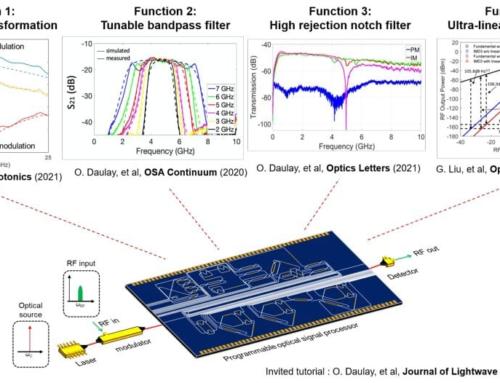Communications regulator Icasa will pursue a legal appeal against a high court judgment that slammed the brakes on the spectrum auction that should have taken place this month, but it has also said it is open to an out-of-court agreement.
After reading the reasons why the high court decided to grant an interdict to Telkom and e.tv that has meant a postponement of the planned broadband spectrum auction, the regulator said it will fight the case in court and may even petition the country’s apex court in the hope of a quicker resolution to the impasse.
“The council of the authority reaffirms its view that it is of utmost importance that the spectrum be licensed and that all avenues be pursued to avoid further delays in the process,” Icasa said in a statement on Tuesday. “To this end, and having taken legal advice, the council has resolved to pursue an expedited appeal against the decision of the Pretoria high court, which may include directly petitioning the constitutional court.”
“As such, the authority is also exploring entering into settlement discussions with active litigants in this matter while the legal processes are unfolding,” said Icasa chairman Keabetswe Modimoeng. However, many industry players, including the Internet Service Providers’ Association, believe the only way of avoiding a protracted legal battle is through an out-of-court agreement with the litigants. Icasa has now opened the door to this option by saying that it is “mindful that the legal process may not be the only option to resolve the matter”.
‘Good grounds for appeal’
“We are of the view, and have been accordingly advised, that there are good grounds for an appeal on this particular matter. Hence, we are going ahead with such an appeal. We are, however, not entering into any mediation process but are open to exploring settlement discussions with parties that deposed affidavits in court.”
Icasa confirmed that it has halted all processes relating to the licensing of high-demand (broadband) spectrum and a planned wholesale open-access network (Woan) pending the outcome of the court processes.
Telkom secured the interdict against Icasa earlier this month in a significant blow to rivals MTN and Vodacom, both of which were keen for the spectrum auction and licensing process not to be delayed any further.
Telkom filed legal papers against Icasa at the high court in December because it believed the regulator’s invitations to apply (ITAs) for spectrum and the Woan had fundamental flaws that could entrench the “dominance” of Vodacom and MTN.
One of Telkom’s main arguments is that Icasa issued the ITAs knowing that the 700MHz and 800MHz bands – the so-called digital dividend bands used by analogue television broadcasters – are not yet available for use by telecommunications operators. Despite this, Icasa pushed ahead with the licensing of these bands and will expect payment for them despite the inability by successful applicants to use them, Telkom group executive for regulatory affairs and government relations Siyabonga Mahlangu said in an interview with TechCentral at the time.
Telkom also challenged the ITAs on other grounds, including that Icasa “pre-empted the outcome of the mobile broadband services inquiry”, Mahlangu said, adding that Icasa’s design of the auction, as a result, would not promote optimal competition in the sector.
Furthermore, Mahlangu said it was Telkom’s view that Icasa “paid lip service, or at least attached insufficient weight, to a policy direction” on spectrum licensing and the Woan from communications minister Stella Ndabeni-Abrahams. Specifically, the minister wanted Icasa to “prefer” the Woan in the licensing of spectrum, something Mahlangu did not believe the regulator had done.
MTN, meanwhile, is also suing Icasa over the spectrum auction. Its legal action is confined to concerns it has that the way the regulator intends licensing spectrum at 3.5GHz – a key band for next-generation 5G services – will leave it with little or no access, directly threatening its ability to grow as a business.
The MTN matter is now likely to be heard by the high court together with the Telkom and e.tv complaint, TechCentral understands. – © 2021 NewsCentral Media




